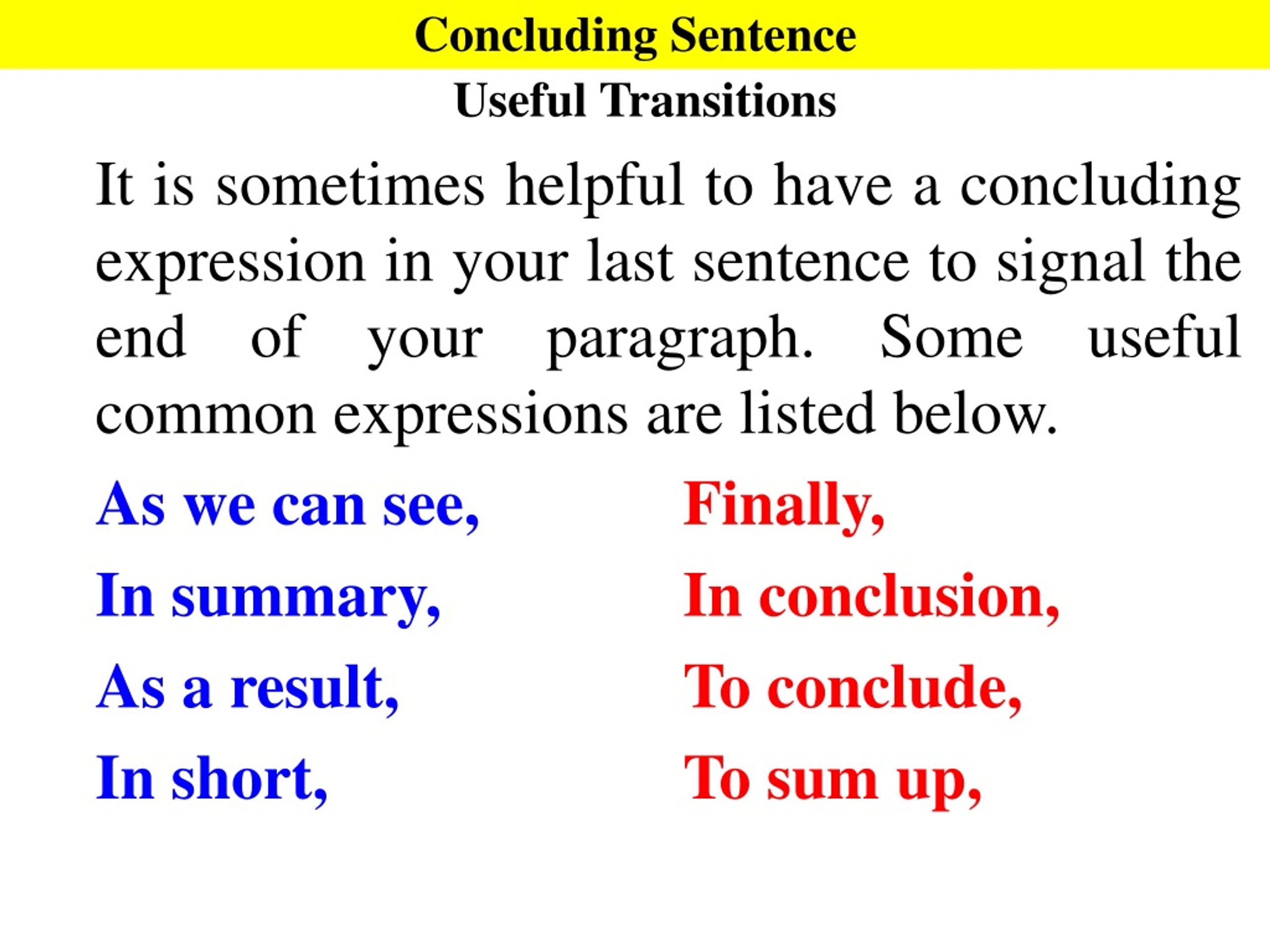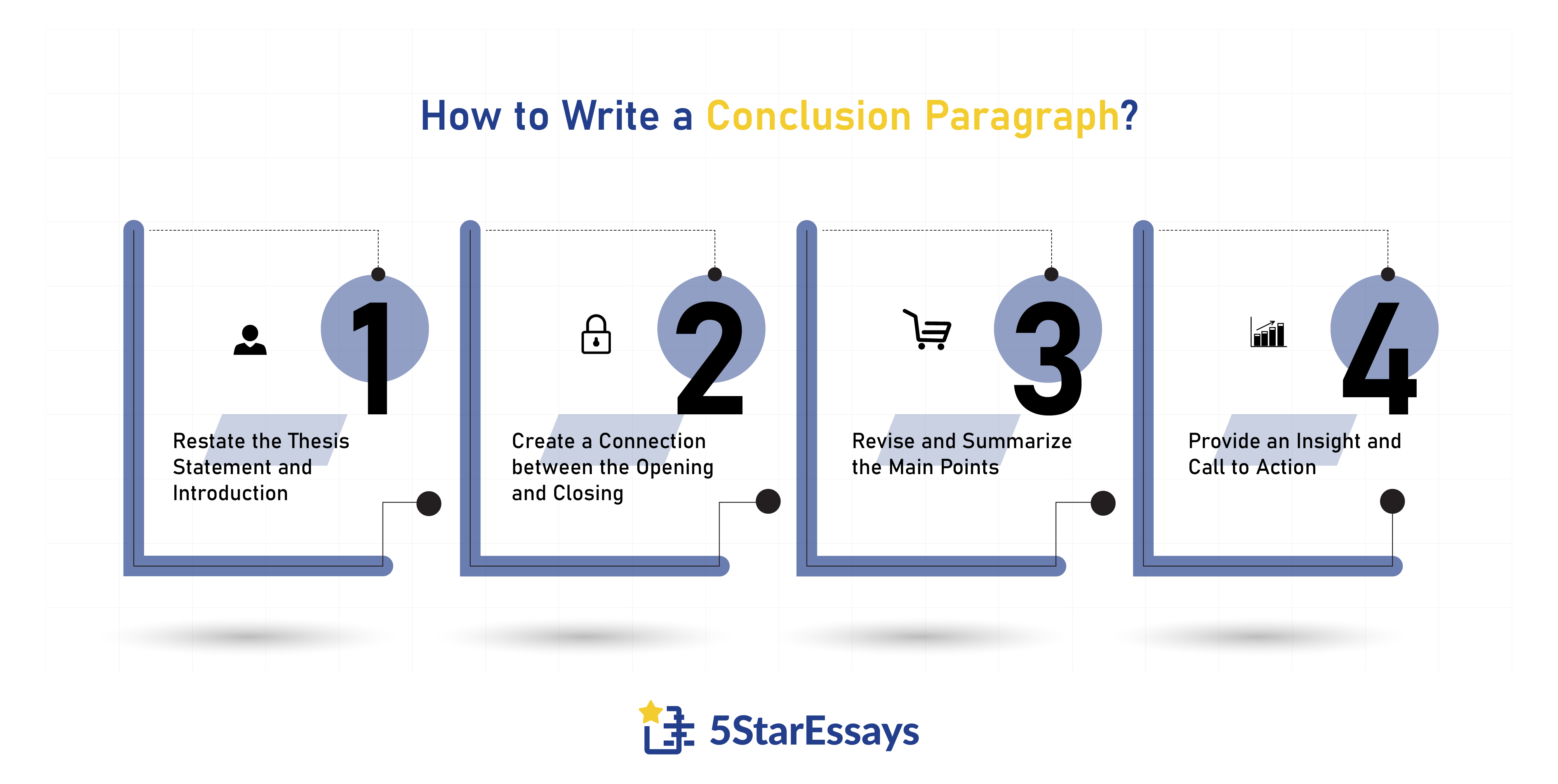What Does Commenced And Concluded Mean? A Simple Guide To These Legal Terms
Ever stumbled upon the words "commenced" and "concluded" in a document and wondered what they really mean? You're not alone. These terms are commonly used in legal, business, and formal contexts, but their meanings can sometimes feel confusing to the average person. Don't worry, because we're about to break it down for you in a way that's super easy to understand. Whether you're reading a contract, an official report, or even a court decision, these words play a crucial role in defining the start and end of something. Stick around, and we'll make sure you're no longer scratching your head over these terms!
Let's face it, the legal world loves its fancy words. While they might sound intimidating, most of the time, these terms are just trying to say something simple in a formal way. "Commenced" and "concluded" are perfect examples of this. They're basically about beginnings and endings, but with a bit more flair. If you've ever felt lost trying to figure out what they mean, you're in the right place.
By the end of this article, you'll have a clear understanding of what commenced and concluded mean, how they're used, and why they matter. We'll also sprinkle in some real-life examples to help everything click into place. So, grab a snack, get comfy, and let's dive in!
- Enthllt Der Aufstieg Des Girthmaster Internetsensation Oder Kurzlebigkeit
- Sidney Starr Aufstieg Kontroversen Amp Einfluss Der Medien Krass
Understanding the Basics of Commenced and Concluded
When you hear the word "commenced," think "started." It's a formal way of saying that something has officially begun. This could be anything from a project to a legal proceeding or even a business agreement. On the flip side, "concluded" means "ended" or "finished." It marks the point where something wraps up or reaches its final stage. Simple, right?
Breaking Down Commenced
Commenced is often used in documents where precision matters. For instance, if you're reading a contract, it might say, "This agreement commenced on January 1, 2023." That means the agreement officially started on that date. It's not just about saying "started" – it's about being crystal clear about when something began.
- Commenced is commonly found in legal documents, contracts, and formal agreements.
- It emphasizes the official start of something.
- For example: "The construction project commenced on April 15."
Exploring Concluded
Concluded, on the other hand, signals the end. When you see this word, it means that whatever was happening has now come to a close. In a business context, you might read, "The negotiations concluded with a mutual agreement." This tells you that the discussions are over, and both parties have reached a decision.
- Aisling Franciosi Der Aufstieg Eines Stars Was Macht Sie So Besonders
- Filmy4wap Co Die Schattenseite Des Kostenlosen Filmstreams
- Concluded is often used to mark the completion of a process or event.
- It indicates the final outcome or result.
- Example: "The conference concluded with a keynote speech."
Why Are These Terms Important?
Commenced and concluded aren't just fancy words; they serve an important purpose. In legal and business settings, clarity is key. These terms help ensure that everyone involved understands exactly when something starts and ends. This reduces confusion and minimizes the risk of misunderstandings or disputes.
Legal Relevance of Commenced and Concluded
In the legal world, commenced and concluded are like traffic signals. They guide everyone involved in a case or agreement, making sure everyone knows where they stand. For example, if a lawsuit is filed, the court might note, "The trial commenced on June 10." This official record helps keep everything organized and transparent.
Similarly, when a case concludes, it's important to document that as well. This might look like, "The trial concluded with a verdict in favor of the plaintiff." These terms help create a clear timeline of events, which is crucial in legal proceedings.
Business Applications of These Terms
Businesses also rely on commenced and concluded to keep things running smoothly. Imagine signing a lease agreement for office space. The document might state, "The lease commenced on July 1 and concluded on June 30 of the following year." This ensures both parties know exactly when the lease starts and ends, avoiding any potential conflicts.
Real-Life Examples of Commenced and Concluded
To really understand these terms, let's look at some real-world examples. These scenarios will help you see how commenced and concluded are used in everyday situations.
Example 1: A Construction Project
Let's say a company is building a new office building. The contract might state, "The construction project commenced on March 1 and is expected to conclude by December 31." This gives everyone involved a clear timeline to follow, ensuring the project stays on track.
Example 2: A Court Case
In a courtroom, you might hear, "The trial commenced on Monday morning and concluded three days later with a unanimous verdict." This provides a concise summary of the trial's duration and outcome, making it easy for everyone to understand what happened.
Example 3: A Marketing Campaign
A marketing team might plan a campaign and note, "The campaign commenced on January 5 and concluded after three months with a significant increase in sales." This highlights the campaign's start and end dates, as well as its success.
Common Misunderstandings About Commenced and Concluded
While commenced and concluded might seem straightforward, there are a few common misconceptions about them. For instance, some people think that commenced only applies to legal documents, but it can be used in many different contexts. Similarly, concluded isn't just for endings – it can also refer to reaching a decision or agreement.
Clearing Up the Confusion
One of the biggest misunderstandings is that these terms are interchangeable. They're not! Commenced always refers to the start, while concluded always refers to the end. Mixing them up can lead to confusion and miscommunication. So, if you're writing or reading a document, make sure you're using the right term for the right situation.
How to Use Commenced and Concluded Effectively
Now that you know what these terms mean, how can you use them effectively? The key is to be clear and concise. Whether you're drafting a contract, writing a report, or simply communicating with colleagues, using commenced and concluded correctly will help ensure everyone is on the same page.
Tips for Using These Terms
- Always specify the date or event associated with commenced and concluded.
- Use these terms in formal or professional settings where precision matters.
- Double-check your usage to make sure you're using the right term for the right context.
Historical Context of Commenced and Concluded
These terms have been around for a long time, and their roots can be traced back to Latin. "Commenced" comes from the Latin word "commicare," which means "to begin." Similarly, "concluded" comes from "concludere," which means "to close." Over the years, these words have evolved to become staples in legal and business language.
Evolution of the Terms
In the past, commenced and concluded were primarily used in formal settings like courts and government offices. However, as the world has become more interconnected, these terms have found their way into everyday business language. Today, you'll see them in everything from contracts to project plans to marketing strategies.
Conclusion: Wrapping It All Up
So, what does commenced and concluded mean? Simply put, commenced refers to the start of something, while concluded refers to the end. These terms are essential in legal and business contexts, helping to ensure clarity and precision. By understanding and using them correctly, you can avoid confusion and communicate more effectively.
Now that you're armed with this knowledge, why not put it to use? Whether you're drafting a document or just chatting with a colleague, incorporating commenced and concluded into your vocabulary will make you sound smarter and more professional. And who doesn't want that?
Before you go, take a moment to reflect on what you've learned. Do you feel more confident about using these terms? Are there any other legal or business terms you'd like to know more about? Drop a comment below or share this article with someone who might find it helpful. Together, let's make the world of formal language a little less intimidating!
Table of Contents
- Understanding the Basics of Commenced and Concluded
- Why Are These Terms Important?
- Real-Life Examples of Commenced and Concluded
- Common Misunderstandings About Commenced and Concluded
- How to Use Commenced and Concluded Effectively
- Historical Context of Commenced and Concluded
- Conclusion: Wrapping It All Up
- Trk Fa Was Steckt Hinter Dem Trend Einblick In Die Szene
- Sensation Robert De Niros Kind Ist Transgender Alles Ber Aaron Kendrik

PPT Effective Concluding Sentences for Strong Paragraphs PowerPoint

How to Write a Conclusion for an Essay Correctly

How to Write a Conclusion for Your Essay within Minutes